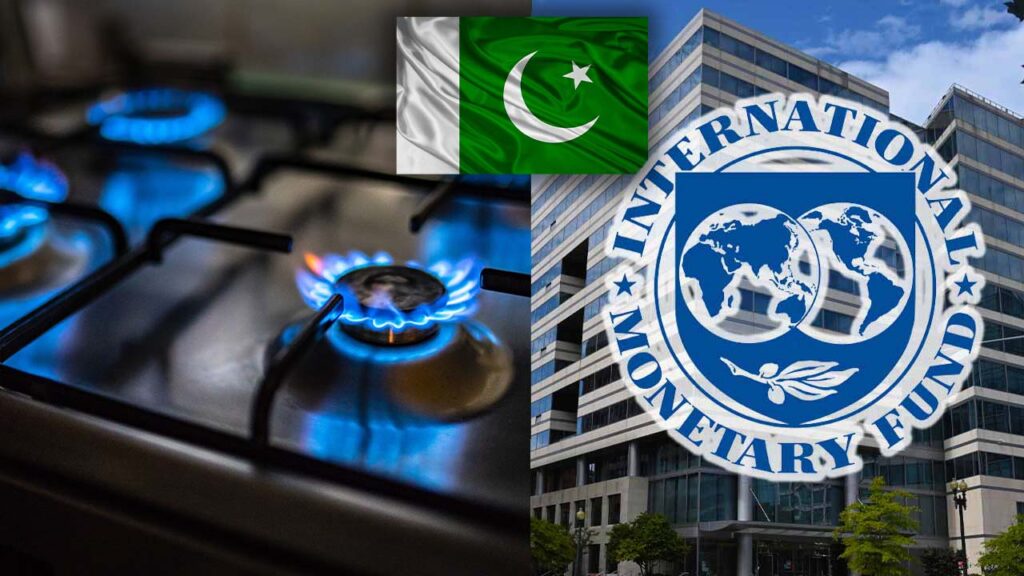- Web
- Feb 05, 2026
Gas price hike paves the way for IMF deal in November
-

- Web Desk
- Oct 24, 2023

WEB DESK: The Economic Coordination Committee (ECC) has taken a significant step by deciding to raise gas prices, a move that is anticipated to facilitate Pakistan’s agreement with the International Monetary Fund (IMF) during the upcoming review scheduled in November, according to a report by Topline Securities, a brokerage house.
The decision to increase gas prices is deemed essential due to the mounting gas circular debt, which has now surged to Rs2.1 trillion, increasing at an alarming rate of Rs350-400 billion per year.
The IMF has been a vocal advocate for reducing circular debt by raising gas tariffs, given the substantial burden it places on the government’s fiscal account.
Topline Securities believes that this measure, coupled with the rationalization of power tariffs, will pave the way for Pakistan to secure a staff level agreement in its upcoming November review.
Read more: ECC approves massive gas tariff hike, effective from November 1st
Following thorough deliberation, the ECC approved the tariff schedule submitted by the ministry, which will be effective from 1st November 2023, as opposed to the initially proposed date of 1st October 2023.
The proposed tariff increase includes a rise of up to 173 per cent for non-protected domestic consumers, over 136 per cent for commercial users, 86 per cent for export, and 117 per cent for non-export industries.
As Pakistan gears up for the upcoming review of the $3-billion loan programme with the IMF in November, the Ministry of Finance (MoF) has urged all ministries and divisions to prepare diligently for the first review of the IMF Standby Arrangement (SBA) to ensure its successful completion.
According to Mettis Global, this increase in gas prices is expected to substantially enhance the combined revenues of both Sui companies, which were approximately Rs1.6 trillion.
The reduction in tariff differentials resulting from this price hike is anticipated to benefit exploration companies, including Oil & Gas Development Company (OGDC) and Pakistan Petroleum (PPL), positively impacting their cash flows as the gas circular debt diminishes.
Furthermore, the gas price hike is likely to bolster Sui Northern Gas Pipelines Limited’s (SNGP) revenue stream, enabling it to meet its financial obligations.
Consequently, this development will prove advantageous for Pakistan State Oil (PSO) by enhancing its cash flows and meeting its working capital requirements effectively.




